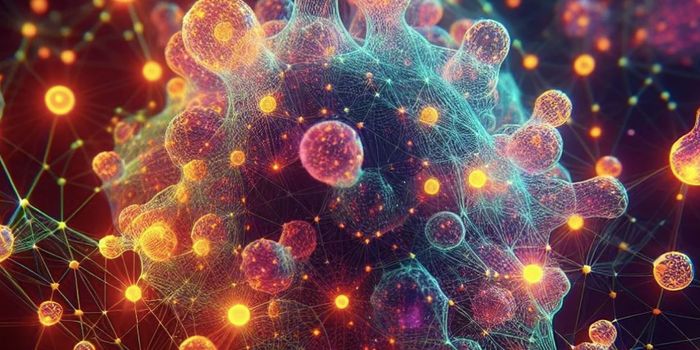Did you know these non-cancer drugs can also fight cancer?
A study from MIT. Harvard and the Dana-Farber Cancer Institute has concluded that almost 50 existing non-oncological drugs have anti-cancer properties capable of killing cancer cells. The researchers conducted an extensive review of thousands of drug compounds and published their findings recently in the journal Nature Cancer.
"We thought we'd be lucky if we found even a single compound with anti-cancer properties, but we were surprised to find so many," said Todd Golub. Golub is the chief scientific officer and director of the Cancer Program at the Broad, Charles A. Dana Investigator in Human Cancer Genetics at Dana-Farber, and a professor of pediatrics at Harvard Medical School.
The work pulled from a dataset of over 6,000 FDA-approved drugs and compounds called Broad's Drug Repurposing Hub. The majority of the drugs are not purposed for cancer. The founder of the Hub, Steven Corsello, is also the first author of the study and an oncologist at Dana-Farber. "We created the repurposing hub to enable researchers to make these kinds of serendipitous discoveries in a more deliberate way.”
In conducting their analysis, the researchers utilized a method of molecular barcoding called PRISM, which tags cell lines of human cancer cells (578 in all) with DNA barcodes, which were then exposed to varying compounds and drugs. From this, they found almost fifty drugs – not specified for cancer – that were successful in killing cancer cells.
Some of these compounds, which were originally meant to lower cholesterol or reduce inflammation, had anti-cancer properties that were surprising. "Most existing cancer drugs work by blocking proteins, but we're finding that compounds can act through other mechanisms," said Corsello. However, as Science Daily explains, the researchers found that many of the non-oncology drugs destroyed “cancer cells that express a protein called PDE3A by stabilizing the interaction between PDE3A and another protein called SLFN12”. Other drugs killed cancer cells by interacting with previously unidentified molecular targets. These findings are revolutionary because offer us new information on how to fight cancer.
"The genomic features gave us some initial hypotheses about how the drugs could be acting, which we can then take back to study in the lab," said Corsello. "Our understanding of how these drugs kill cancer cells gives us a starting point for developing new therapies."
Sources: Science Daily, Nature Cancer









